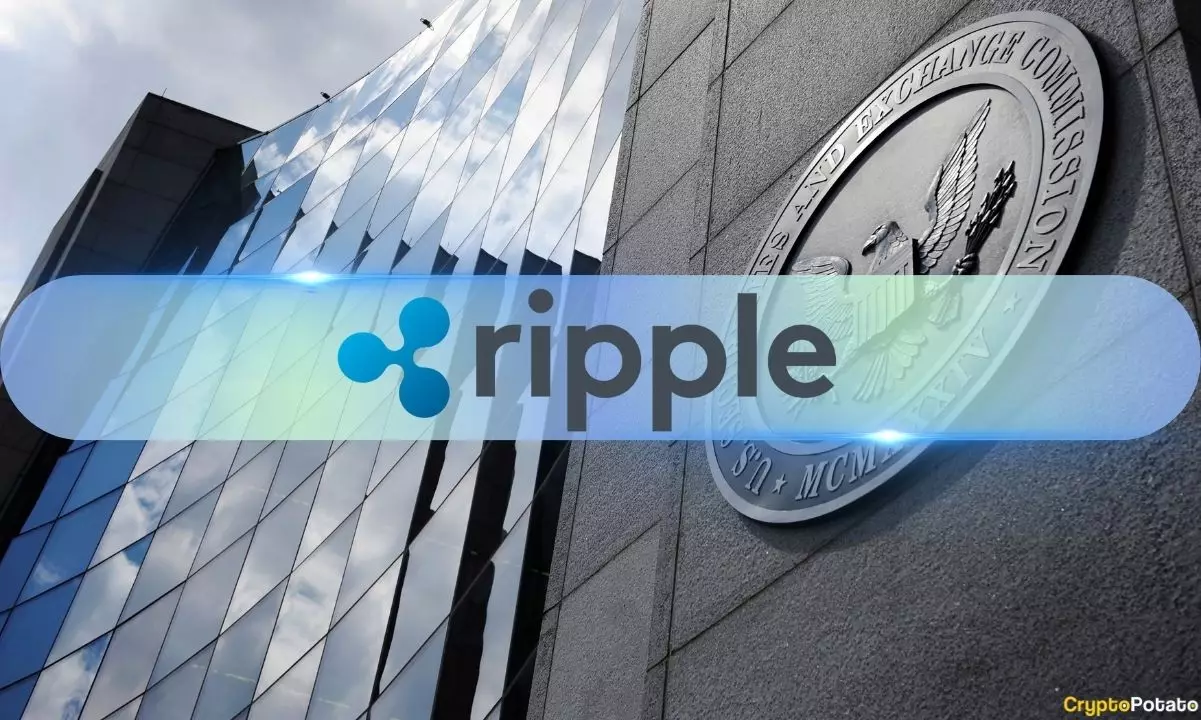In a notable move that suggests increasing institutional interest in cryptocurrency investments, Bitwise Asset Management has submitted an application for an XRP exchange-traded fund (ETF) in Delaware. This filing, reported by Fox Business journalist Eleanor Terrett, has generated significant buzz, signaling a potential turning point in how Ripple’s native cryptocurrency, XRP, is perceived in the investment community. With institutional players gradually entering the cryptocurrency sector, this application opens the door to the broader acceptance of digital assets.
Despite the excitement surrounding Bitwise’s submission, it’s essential to approach the news with a degree of caution. While Terrett confirmed the legitimacy of the filing, and Bitwise’s Chief Investment Officer, Matt Hougan, corroborated its authenticity, the filing is just the beginning of a complex process. The application is currently not with the U.S. Securities and Exchange Commission (SEC), which remains the gatekeeper for approving ETFs. The regulatory path is fraught with challenges; historically, the agency has expressed reluctance to endorse spot-based ETFs, particularly concerning cryptocurrencies wrapped in ongoing legal uncertainties.
Regulatory Challenges Ahead
The SEC’s previous decisions regarding cryptocurrency-related ETFs raise questions about the viability of the XRP proposal. The Commission is still embroiled in a contentious legal battle with Ripple Labs over whether XRP should be categorized as a security. This legal classification carries significant implications for the ETF’s potential approval, as many believe that the SEC’s stance on XRP could hinder the introduction of an ETF centered around the token. As the agency approaches the October 7 deadline for appealing the ruling handed down by Judge Analisa Torres last year, which favored Ripple in its defense of programmatic sales of XRP, the outcome could have lasting effects on Bitwise’s endeavor.
Market reactions to this filing can be deeply influenced by external factors, such as prevailing political climates and regulatory environments. Nate Geraci, a notable ETF commentator, has pointed out that Bitwise’s filing strategy might be designed to position itself favorably for the future. The timing of this application could very well be a tactical move, perhaps in anticipation of shifts that could occur post-U.S. elections. Changes in leadership and political sentiment about regulation could open new doors for cryptocurrency acceptance and investment strategies.
Ultimately, Bitwise’s application for an XRP ETF consolidates an ongoing trend of institutions exploring avenues within the cryptocurrency space. While this development brings excitement and hope for the maturation of the crypto market, potential investors should remain informed about the realities of regulatory scrutiny. The fate of this ETF ultimately rests on the SEC’s decisions and the broader context of the cryptocurrency regulatory landscape. As the industry continues to evolve, the outcome of this filing could provide valuable insight into the future trajectory of institutional investment in digital assets.

